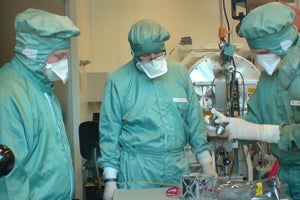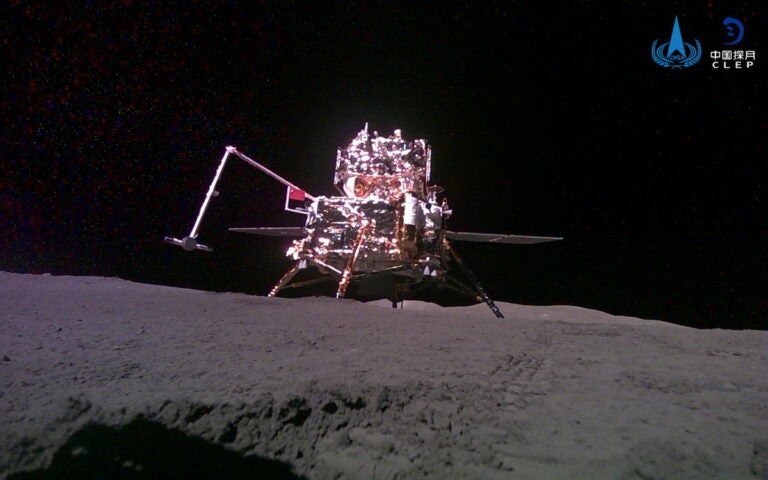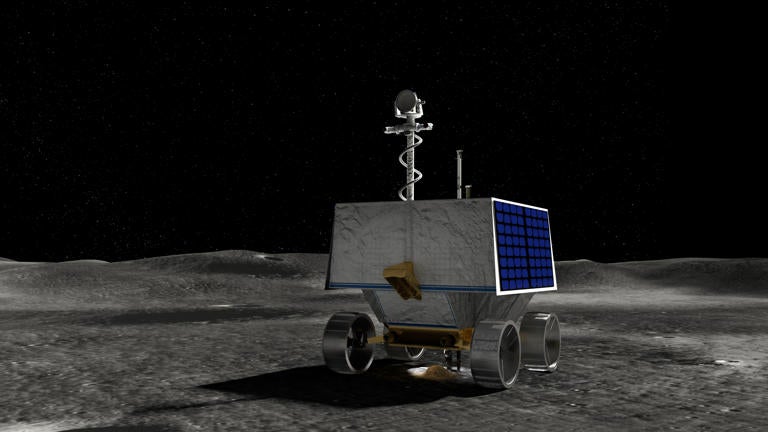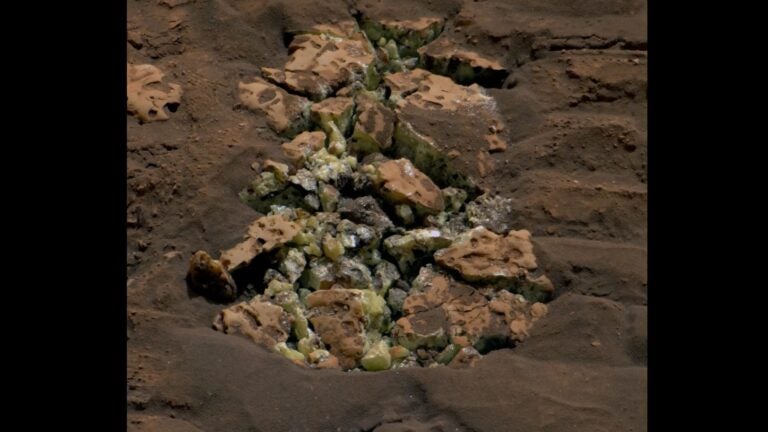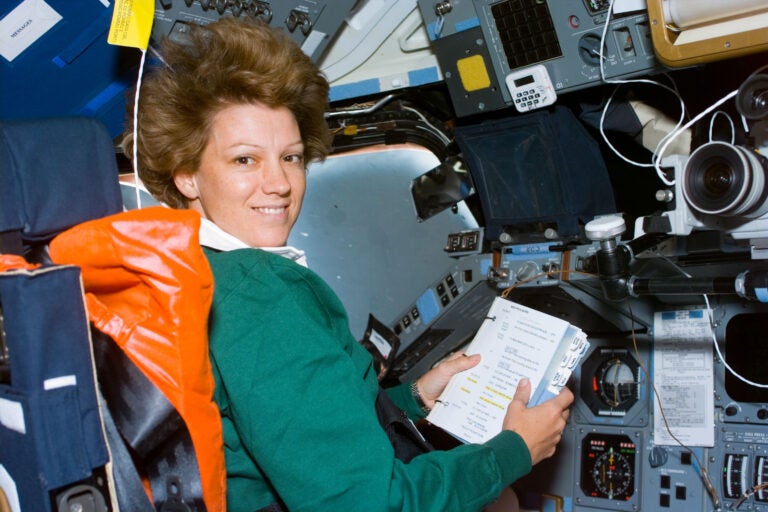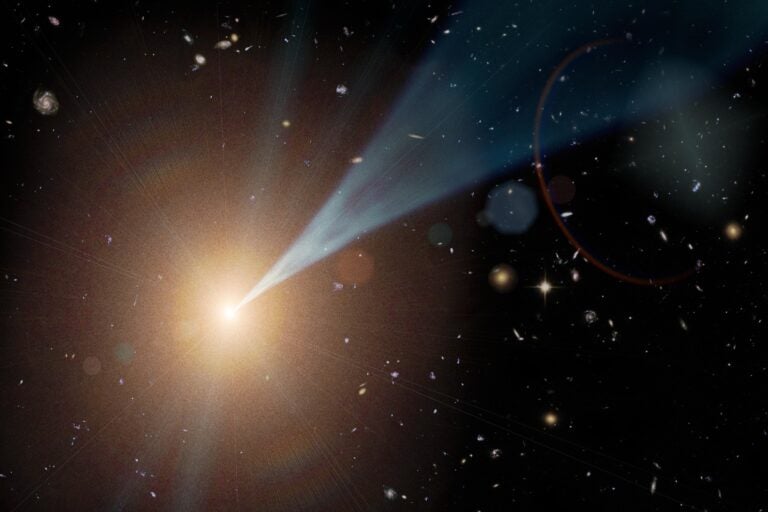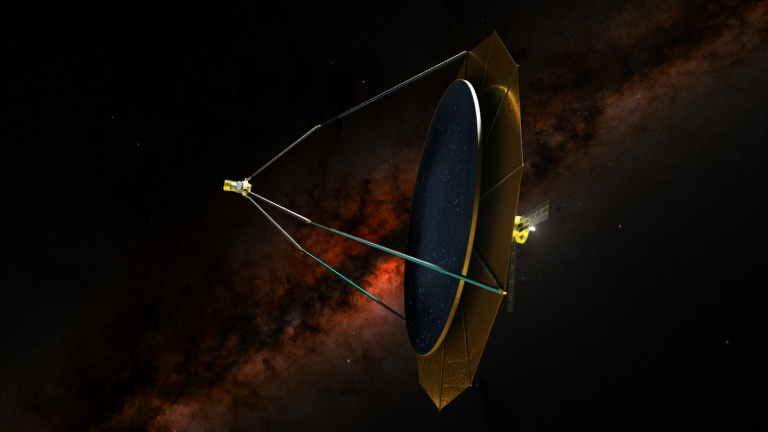Undergraduates at the University of Leicester are on target to design, build and launch a student satellite on a real space mission.
They have taken delivery of the main body of the satellite, donated by Loughborough-based engineering company Magna Parva. The project will result in the satellite going into orbit in 2009.
Twenty students in the renowned Department of Physics and Astronomy are involved in the mission to detect space dust.
Laura Evans, one of the program leaders says, “Students from the department of Physics and Astronomy are involved in a project to design, build and launch a student satellite which will conform to the CubeSat standard developed by California Polytechnic. This is a major undertaking with Leicester undergraduates responsible for everything from inception to launch on a real space mission which will provide new, innovative science.”
The University of Leicester’s CubeSat project, named PLUME, started in January 2007 and aims to place an active nano-meteoroid dust detector into orbit by mid-2009. This detector will be capable of characterising the near Earth dust environment an order of magnitude better than any previously flown active detector, allowing significant science to be accomplished, adds Evans.
Provided the mission schedule is maintained the satellite is likely to be the first English CubeSat in orbit.
“The nanometeoriod detector on PLUME will allow us to analyze dust particles that are smaller than ever before. Our satellite will be looking at the near-Earth environment so the results will be very relevant and of interest to theoreticians as well as experimentalists,” says Evans.
Philip Peterson, 2nd year undergraduate working on the ADCS subsystem says, “I’m an undergraduate, and I’m building a satellite. It’s just incredible. There aren’t many universities in the country where I could get to do something like this.”
“We at Magna Parva are excited to be helping Leicester’s undergraduates fly a very innovative instrument, and in doing so have been impressed by the professionalism of all concerned at the Space Research Centre,” says Andrew Bowyer, Director, Magna Parva Ltd.
“Our intention is not just to contribute financially, but to be involved in the project up to launch. Through this integrated approach, the undergraduates will gain some experience of industry to add to their list of new skills,” adds Bowyer.

